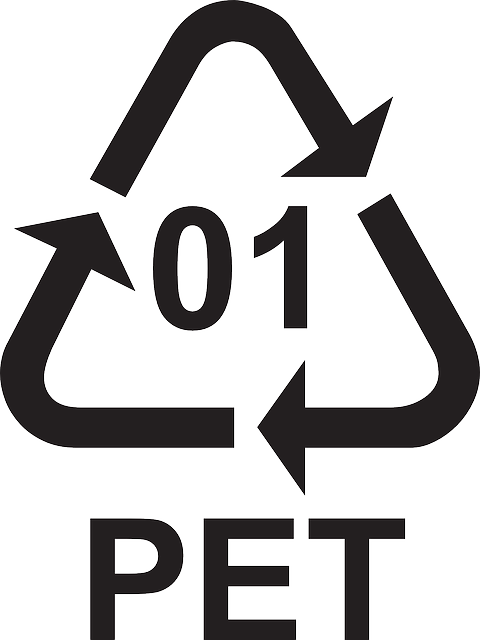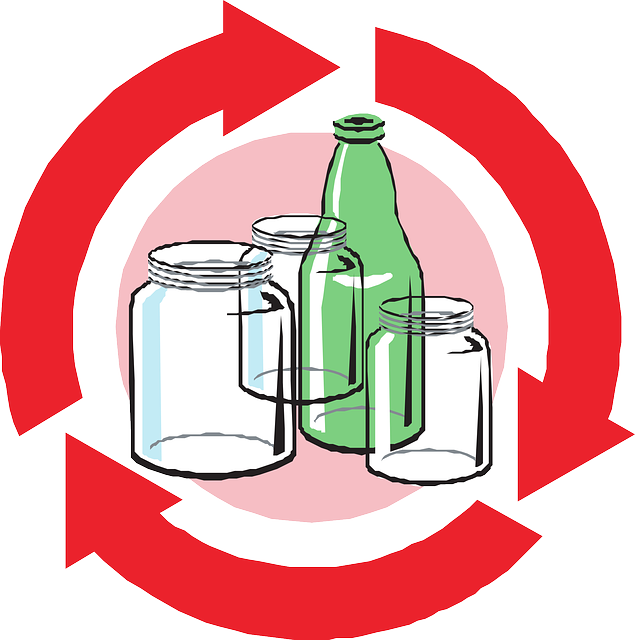New York City's growing e-waste problem is addressed through certified hardware recycling initiatives, prioritizing data security and sustainable management of electronic waste. Strict EPA and local standards ensure responsible handling, reducing environmental impact and health risks. NYC offers convenient drop-off locations and regular events for residents to responsibly recycle electronics, fostering a circular economy with transparent reporting on recovered materials. Businesses can contribute to sustainability by partnering with certified recyclers, while residents help create a cleaner, greener city.
“New York City, a bustling metropolis, faces a growing challenge with electronic waste (e-waste) accumulation. This article explores effective solutions through certified e-waste recyclers in NYC. Understanding the impact of e-waste and its proper recycling is crucial for a sustainable city. We delve into the certification process, highlighting benefits for businesses and residents. Additionally, we provide insights on best practices, convenient drop-off locations, and collection services, empowering NYC folks to responsibly manage their electronic waste.”
- Understanding Electronic Waste (e-Waste) in NYC: The Growing Problem and Its Impact
- What Makes a Recycler Certified? Standards and Benefits for New York City Businesses and Residents
- Effective e-Waste Recycling Programs in NYC: Best Practices, Drop-Off Locations, and Collection Services
Understanding Electronic Waste (e-Waste) in NYC: The Growing Problem and Its Impact

In New York City, the issue of electronic waste (e-waste) has become a growing concern as the city grapples with an ever-increasing stream of outdated or discarded electronics. This problem extends far beyond just clutter; e-waste poses significant environmental and health risks when not properly managed. NYC hardware recycling initiatives are crucial in addressing this challenge, as they aim to reduce the harmful impact of improperly disposed electronic devices.
The impact of e-waste is profound. Old computers, smartphones, and other electronics contain toxic substances like lead, mercury, and cadmium, which can contaminate soil and water if not recycled or disposed of safely. New York electronics disposal methods must prioritize secure data deletion services to protect sensitive information from falling into the wrong hands. By implementing effective NYC hardware recycling programs, residents and businesses can contribute to a more sustainable future while ensuring their electronic waste is handled responsibly.
What Makes a Recycler Certified? Standards and Benefits for New York City Businesses and Residents

In New York City, a certified electronic waste recycler adheres to stringent standards set by regulatory bodies like the Environmental Protection Agency (EPA) and local initiatives promoting e-stewardship programs Manhattan. This certification ensures that recycling processes are eco-friendly, safe, and effective in managing tech waste collection events NYC. The benefits extend to both businesses and residents; it promotes responsible disposal methods, reducing environmental impact and potential health hazards associated with improper e-waste handling. Additionally, certified recyclers often provide detailed reporting on material recovered, ensuring transparency and accountability.
NYC e-waste recycling programs benefit from these certifications, fostering a circular economy where electronic components are reused or recycled responsibly. This not only conserves natural resources but also creates job opportunities in the green sector. For businesses, partnering with certified recyclers can enhance their sustainability profile, while residents contribute to a cleaner, greener NYC by participating in these initiatives.
Effective e-Waste Recycling Programs in NYC: Best Practices, Drop-Off Locations, and Collection Services

New York City has implemented several effective e-waste recycling programs aimed at responsibly managing and reducing electronic waste. These initiatives provide residents with convenient drop-off locations across all five boroughs, making it easy to recycle old electronics like computers, phones, and TVs. Many of these programs also offer collection services, allowing businesses and organizations to participate in NYC e-waste recycling.
Best practices for these programs include ensuring proper data security destruction to safeguard personal information. This is particularly important for sensitive electronic devices such as laptops and smartphones. Regular New York e-recycling events calendar can help residents stay informed about scheduled collections, encouraging consistent participation in these eco-friendly efforts.
In conclusion, navigating the growing challenge of electronic waste (e-waste) in New York City requires effective strategies. Certified e-waste recyclers play a pivotal role in addressing this pressing issue. By adhering to stringent standards, these professionals ensure that NYC businesses and residents can responsibly manage their electronic byproducts, contributing to a greener future. Implementing best practices, utilizing drop-off locations, and exploring collection services facilitates efficient new York electronics recycling, fostering a sustainable ecosystem.














